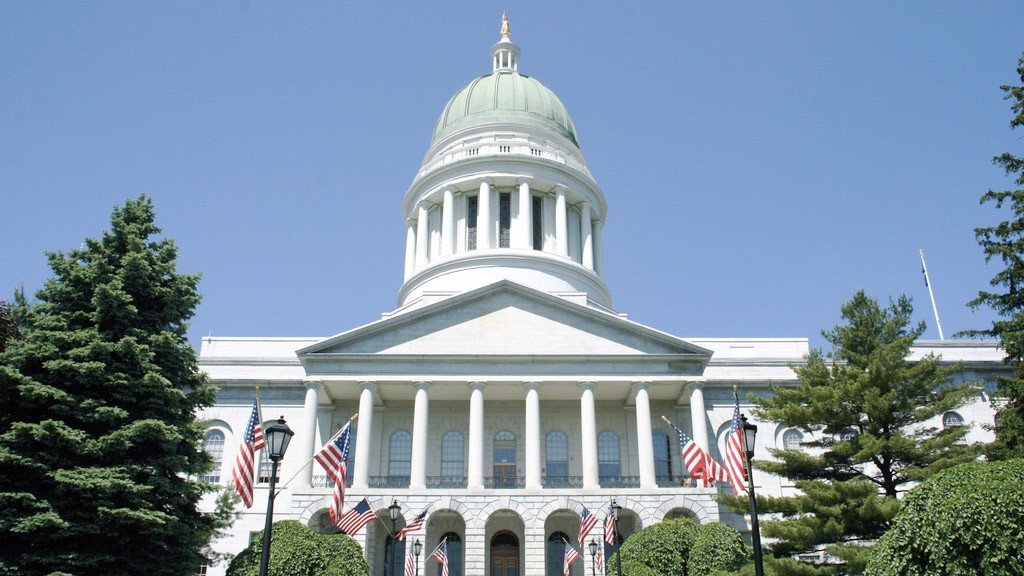Kentucky lawmaker proposes bill to allow casinos and regulate fantasy sports

Kentucky Representative Thomas Huff has introduced a bill aimed at expanding gambling in the state by allowing voters to determine whether their communities should host casinos.
Filed for the 2025 legislative session, House Bill 33 (HB33) outlines a framework for casino operations and fantasy sports regulation, overseen by the Kentucky Horse Racing and Gaming Corporation (KHRGC).
If enacted, HB33 would mark a significant step toward transitioning Kentucky from its historical horse racing (HHR) machine-based gambling industry to one that includes traditional casino gaming. The bill proposes a 21% tax on casino revenue, an admission fee of $3 per patron, and a public bidding process for casino licenses.
HB33 specifies that only counties with a population of at least 30,000 residents would be eligible to host casinos. However, counties with existing horse racing facilities, such as Simpson County’s Kentucky Downs, could bypass the population requirement. For these counties, expanding into casino gaming would require only a voter referendum and not a petition process.
Smaller counties with fewer than 30,000 residents would still have a pathway to participate by forming coalitions with neighboring counties to meet the population threshold.
The bill emphasizes public participation, requiring voter approval through a referendum. Counties could initiate this process either via a petition signed by 25% of the voting population in the last election or by passing an ordinance through the county legislative body.
Should a county approve a casino, the bidding process would be open to all qualified operators. Minimum bids start at $750,000 for land-based casinos and $500,000 for riverboat casinos.
Preference is given to existing horse racing facilities, which may submit competing bids within two days of the public bidding period’s conclusion. To secure approval, these bids must exceed the highest current bid by 8% and match or exceed the amenities promised by competing operators.
In addition to casinos, HB33 introduces regulations for fantasy sports operators. The bill applies to peer-to-peer and house-managed contests, provided the prizes are predetermined and the outcomes are not based on individual athletes or single-team performances.
Operators must pay a $5,000 annual licensing fee or 6% of their revenue within Kentucky, whichever is greater. Fantasy sports contests would be open to participants aged 18 and older, but college sports contests would remain prohibited.
The proposed 21% tax on casino revenue would position Kentucky among the states with higher casino tax rates. Additionally, the $3 admission fee per patron is expected to boost revenue for casino operators. Advocates argue that the bill could provide a much-needed economic boost to the state, particularly as Kentucky seeks additional revenue sources to fund its underfunded pension system.
As of mid-2024, taxes on sports betting revenue, authorized in 2023, have contributed $34.8 million to the state’s pension fund. However, the system remains only 24.8% funded. Casino taxes could further bolster these efforts if allocated toward pensions, although the current language of HB33 does not specify such a provision.
Kentucky has traditionally been resistant to gambling, but recent years have seen a shift in attitudes. The legalization of HHR machines in 2021 and sports betting in 2023 reflects a growing acceptance of gambling as a viable revenue source.
Proponents of HB33 hope this momentum will carry the bill forward, while critics voice concerns about the social and economic consequences of expanded gambling.

















































